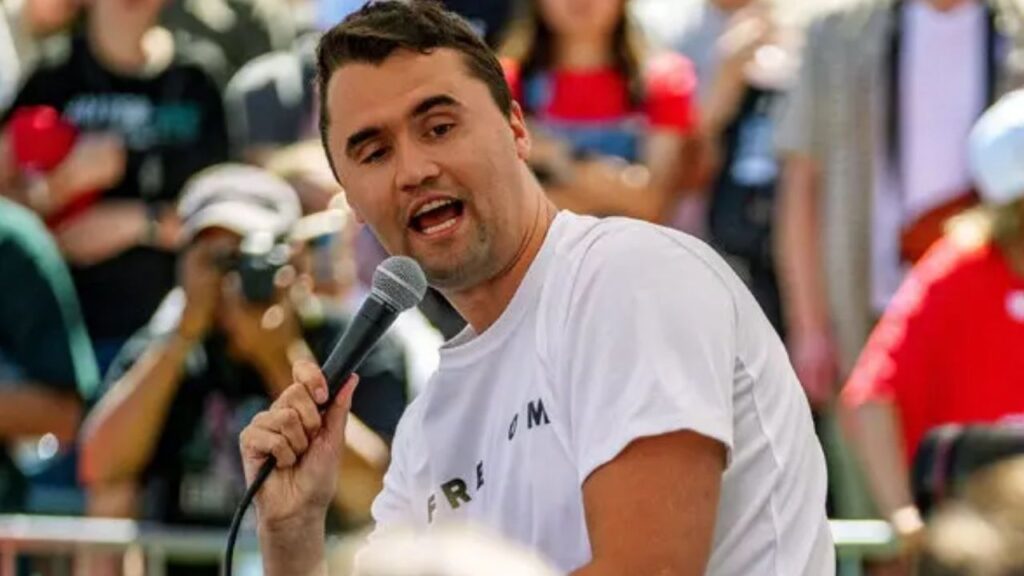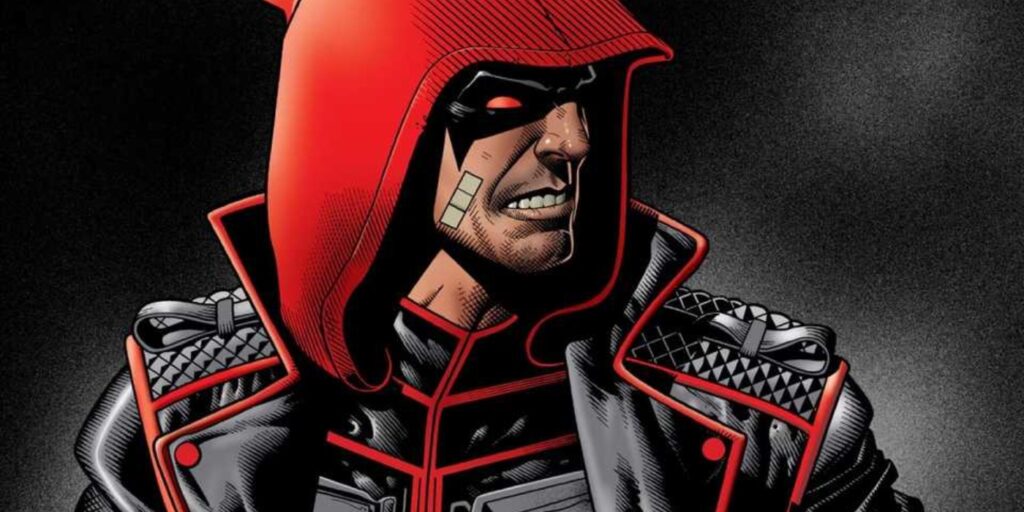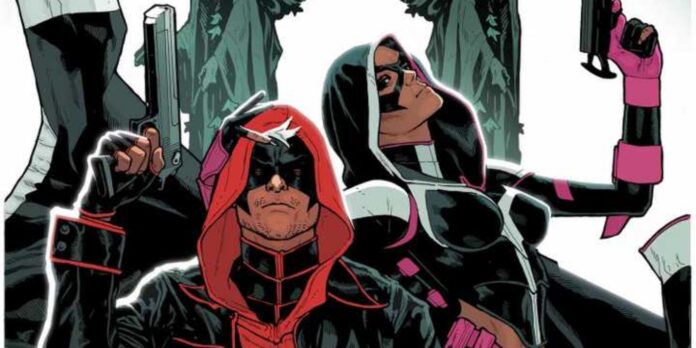On the very day fans were meant to embrace DC’s boldest Batman spinoff in years, the publisher abruptly pulled the plug. The new ‘Red Hood’ series, marketed as the first ongoing Black Label imprint comic while still existing in mainstream continuity, has been canceled after just one issue.
What was meant to be a mature, uncompromising take on Jason Todd and Huntress has instead become one of the most explosive controversies in DC’s recent publishing history. The reason, as many suspected, was not solely creative. The cancellation was the fallout from social media posts made by the series’s writer, Gretchen Felker-Martin, concerning the assassination of right-wing commentator Charlie Kirk.
Gretchen Felker-Martin Is Not Sorry For Her Charlie Kirk Remarks Even After Cancellation

Just hours before DC pulled the series, news broke that conservative activist Charlie Kirk had been shot dead while speaking at an event in Utah. Public figures from across the political spectrum condemned the violence. Yet on social media, responses were divided. Among those voices was Red Hood’s writer.
Related: Charlie Kirk’s Shocking Death Triggers Reactions from Dr Phil, Chris Pratt, and More Celebrities
The Red Hood writer Felker-Martin made a series of posts dismissing Kirk’s death as unworthy of mourning. “Thoughts and prayers you Nazi b***h,” one post read. “Hope the bullet’s okay after touching Charlie Kirk,” another said. In an interview with The Comics Journal, she explained her stance bluntly. “This is such a loathsome person. Everyone on the internet is talking about how pleasant it is that he got his. He spent his every waking moment promulgating bigotry. I felt nothing but contempt for his life.”
Felker-Martin, who is transgender, pointed to Kirk’s repeated calls for violence against LGBTQIA+ people. This includes a widely circulated 2024 social media post in which he misquoted Leviticus to suggest queer people should be stoned to death. “I’ve watched him go on television and on enormous stages and say that me and everyone like me should be killed,” she said. Her remarks quickly went viral.
“At DC Comics, we place the highest value on our creators and community and affirm the right to peaceful, individual expression of personal viewpoints. Posts or public comments that can be viewed as promoting hostility or violence are inconsistent with DC’s standards of conduct,” the publisher wrote. Behind the scenes, Felker-Martin admitted she warned editors that working with her came with risks. However, when it came to the posts themselves, she stood firm. “I had no regrets for what I said about Kirk.”
‘Red Hood’ Cancellation Was A Long Time Coming

The decision came as a shock to retailers and readers alike. On September 10, DC issued a statement announcing the cancellation of all future issues and refunds for the debut that had already reached comic shops. However, even before the headlines, the book faced an uphill battle with its audience. Jason Todd, the once-rebellious Robin turned anti-hero Red Hood, has long been one of DC’s most emotionally complex characters. Fans admire him for the slow-burning, hard-won growth he has achieved over years of storytelling.
In case you missed it: How the Sporting World Reacted to Charlie Kirk’s Tragic Death!
The new series, however, seemed to undo much of that progress. Early reviews and fan reactions were harsh. Many criticized the book for reverting Jason back to his angriest, most bitter state. Additionally, he was once again depicted as consumed with hatred for Batman, particularly for Bruce’s refusal to kill the Joker. So, for readers who had celebrated Jason’s fragile steps toward reconciliation, this felt like regression. On League of Comic Geeks, the series averaged just 2.5 stars.
The book paired Jason with Helena Bertinelli, better known as Huntress, in the crime-ridden city of New Angelique. Moreover, the premise had promise: two vigilantes known for skirting Batman’s rigid moral code operating without his shadow overhead. Yet, instead of fresh storytelling, many readers saw a recycling of old tropes. The backlash, while sharp, might have faded into the usual ebb and flow of comic book criticism. However, when tragedy struck outside the pages, the controversy intensified to a breaking point.





